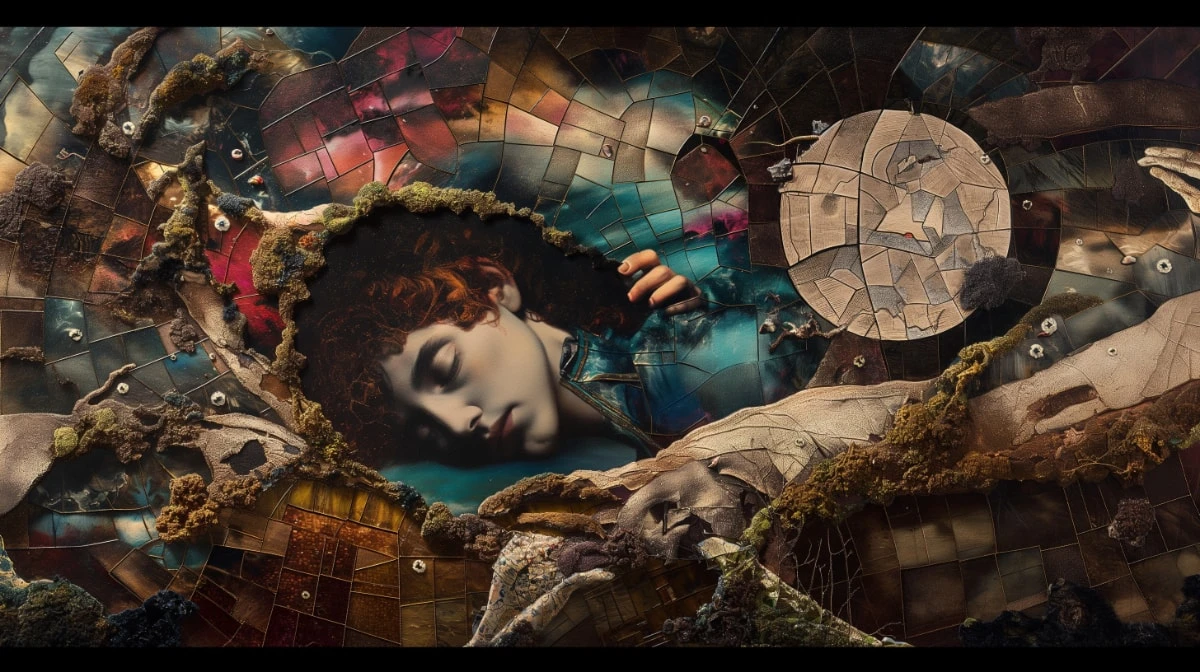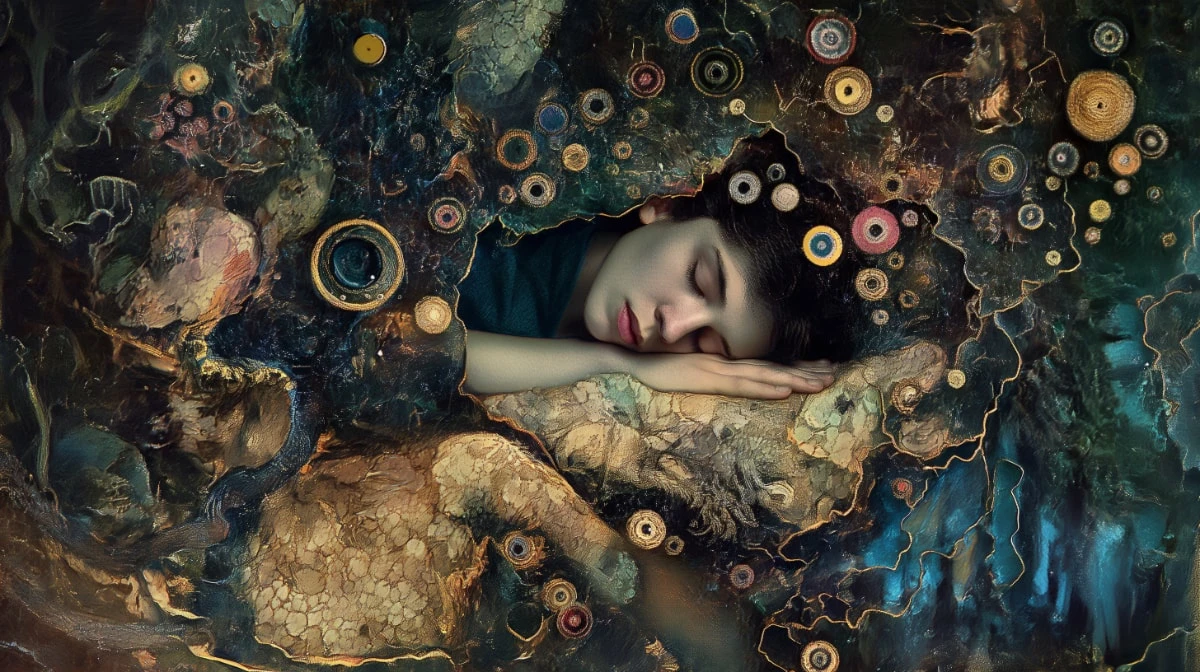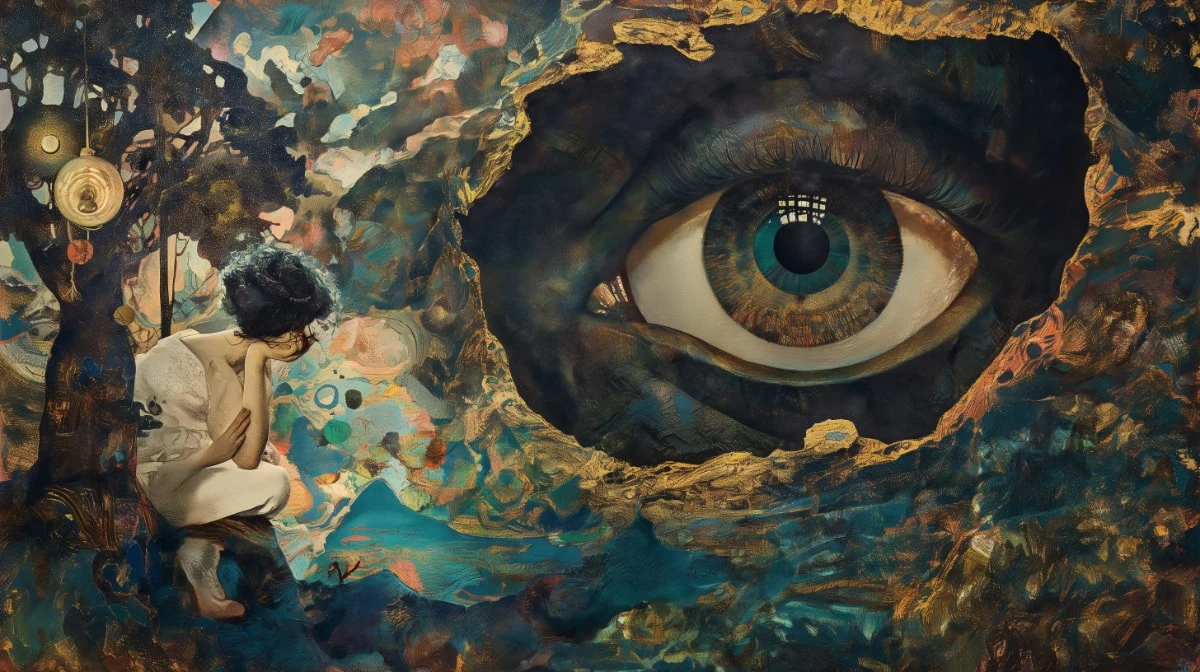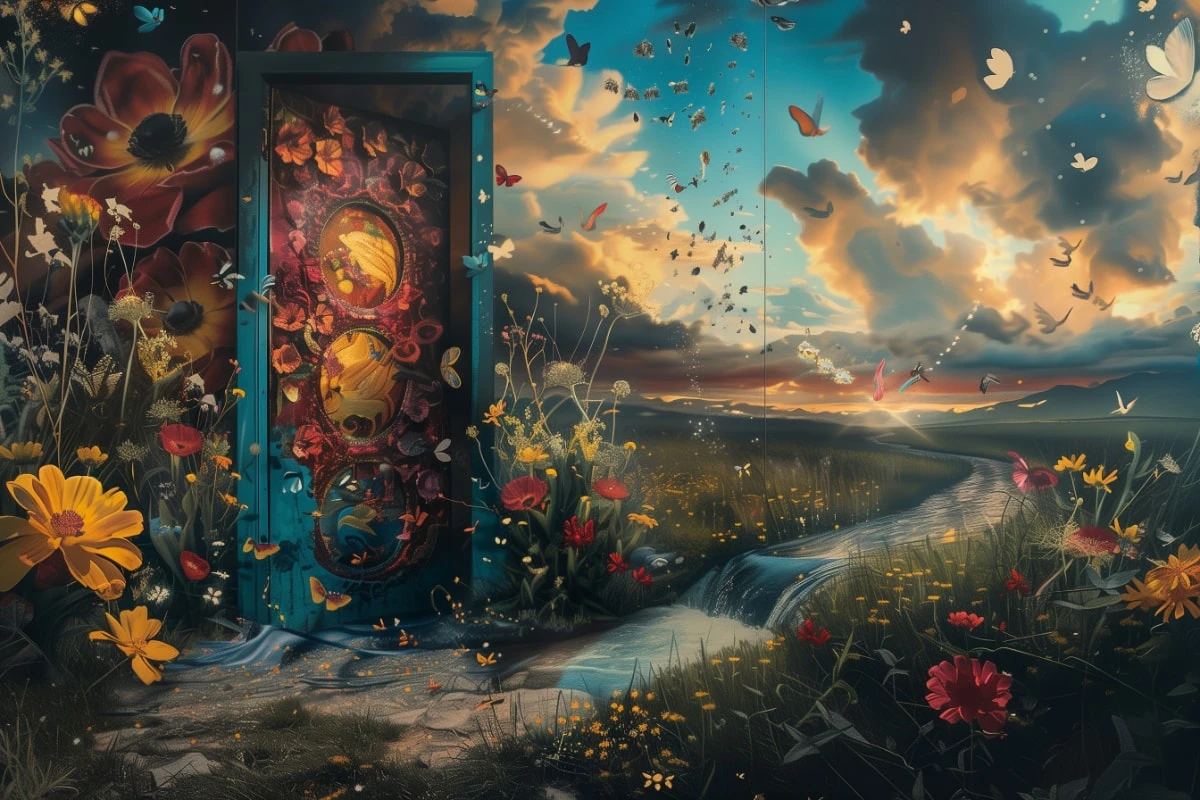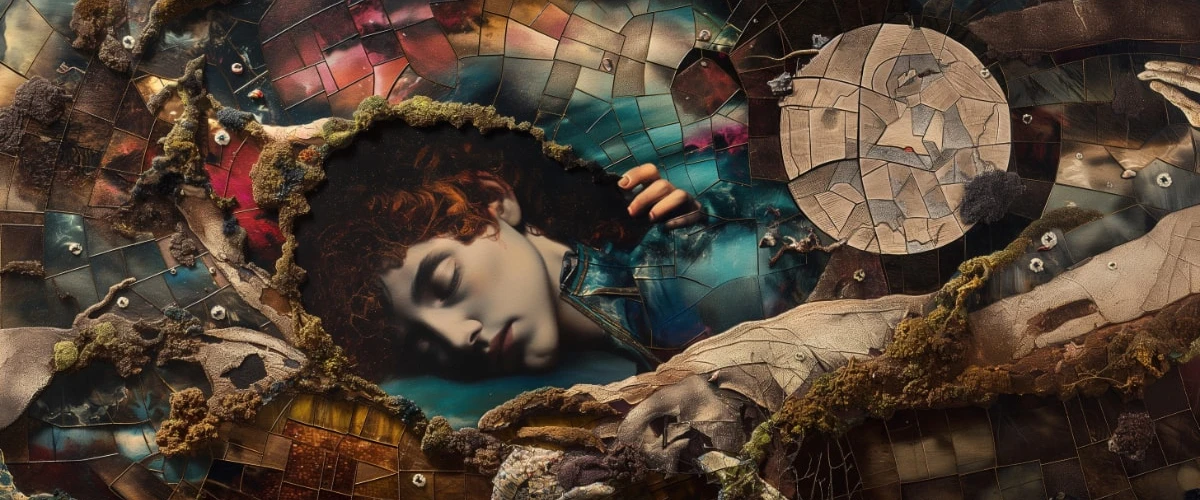
All the world's languages
I would like to know all the world's past and present languages. This is undoubtedly a whimsy. My steps are modest; they would never manage to explore the entirety of this infinite labyrinth of resonances. Each dialect is a delicate algorithm encoded with its mysteries and ineffable rules.
Like living creatures, they breathe and transform, shaped through the ages by those who have spoken and listened to them. They possess exquisite nuances and beauties, like an impressionist painting, where each brushstroke adds a new and unpredictable dimension that can lead to deep reasoning and unfathomable contradictions.
Such is life: an experience of melodies and adventures, a constantly reconstructing Tower of Babel, since speech is stubborn, will never admit defeat, a tool of the human soul and a sword for survival.
Our journey can only be endless through the meanders of these lexical corridors where words can become glorified prayers but misunderstood, intoxicating invocations that often fail to cross the lips of intention and get lost in the fog of interpretation.
And then, our language is just one dimension in the arsenal of our gestures. Our bodies also have their grammar and intentions. We are far from understanding the cement that binds our thoughts and matter.
Does this diversity of speech conceal a universal truth, a shared essence hidden beneath the veil of diverse sounds and syntaxes? Moreover, within us lies a language that we struggle to decode. We all dream, and the symbols that abound in them elude us. How can we understand others if we cannot draw inspiration from our unconscious, which seemingly whispers all the answers to us?
In our dreams, words are superfluous, and images and feelings dance together in a silent but deeply felt understanding. Where do these symbols, songs, and convoluted narratives come from?
In seeking to know all the world's languages, might we gradually come closer to this ultimate reality, where words are no longer barriers but bridges, windows through which we might glimpse, albeit obscurely, the light of universal comprehension? Each language is a poem, an algorithm coded to gradually reveal the contours of a shared dream, that of a possible harmony in the infinite diversity of our voices.
Then, we must consider the nightmares that result. What if the desired harmony was just one of those perennial Babels to be rebuilt?
As the Earth seems weary of humanity, how much time remains for us to agree on a single word?
